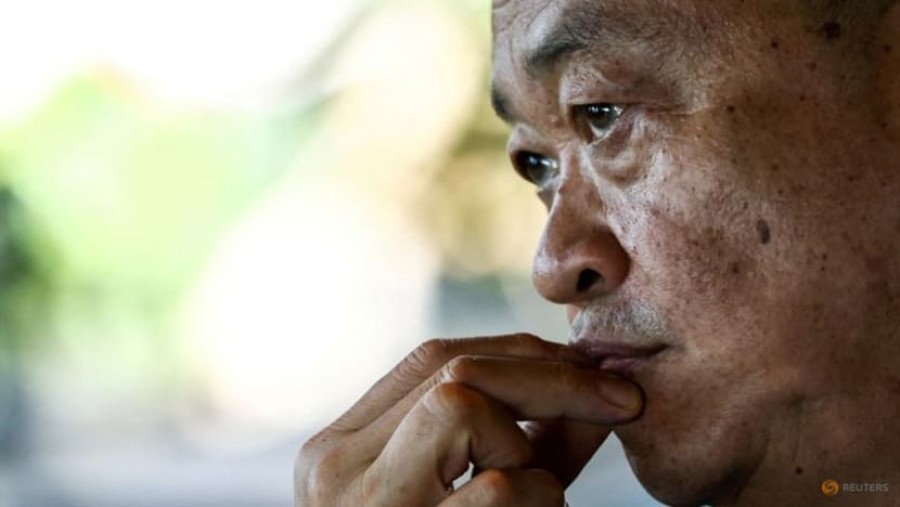Thailand Approves $2.8 Billion Soft Loan Scheme for Commercial Banks

Thailand's cabinet on Tuesday approved a 100 billion-baht ($2.8 billion) soft loan scheme where funds would be lent to commercial banks so they could on-lend to borrowers at below-market rates, a deputy finance minister said.
The programme is aimed at helping smaller businesses obtain loans, Paopoom Rojanasakul told reporters after a cabinet meeting. The state-owned Government Savings Bank will offer liquidity to commercial banks through loans at an interest rate of 0.01 per cent so they can lend to small businesses at a rate of no more than 3.5 per cent for three years, he said.
Retail lending rates among Thai banks are currently more than 7 per cent.
"This will inject capital into the system," said Paopoom, adding the measures drew from the state bank's bottom line and not the budget. The government has said the scheme
In April, Thai banks said they would cut lending rates by 25 basis points for vulnerable groups for a period of six months, in response to a request from the prime minister.
Srettha has repeatedly pressed the central bank to cut rates to help the economy. Despite the pressure, the central bank held its key interest rate steady at 2.50 per cent for a fourth straight meeting last month.
The central bank expects the economy to grow 2.6 per cent this year, after growth of 1.9 per cent last year which lagged regional peers.
